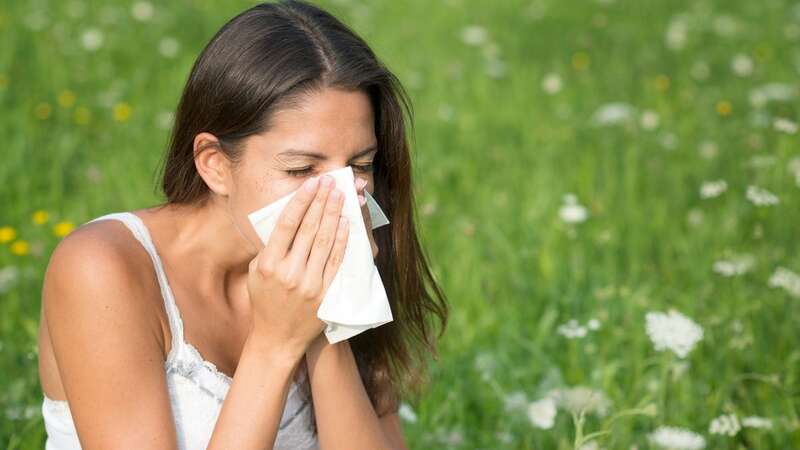As the seasons shift, those plagued by hay fever brace themselves for the yearly pollen attack.
The NHS reports that around one in five of us will experience hay fever at some stage in our lives, with grass pollen being the most common culprit. The NHS lists symptoms as sneezing and coughing, a runny or blocked nose, itchy, red or watery eyes, loss of smell, pain around your temples and forehead, and fatigue.
In this struggle, an unexpected solution has surfaced: your windows, reports Gloucestershire Live. Window specialist, Danny Stalman, from Plan-It Windows, has offered this advice which he claims can decrease the amount of pollen that might invade your home.
"Every year, hay fever sufferers face consistent battles, especially during spring and summer," he said. "Research suggests that applying a thin layer of Vaseline on window frames and edges can significantly alleviate hay fever symptoms. Pollen grains are notorious for finding their way indoors through even the smallest window cracks.
"By creating a barrier with Vaseline, you effectively trap pollen before it enters your home, providing much-needed relief for allergy sufferers. Our team couldn't recommend this simple yet effective hack highly enough to our customers seeking ways to combat hay fever.
 Hospitals run out of oxygen and mortuaries full amid NHS chaos
Hospitals run out of oxygen and mortuaries full amid NHS chaos
"The application of Vaseline acts as a preventative measure, ensuring a pollen-free indoor environment. We've seen first-hand the positive impact of using Vaseline on windows to alleviate hay fever symptoms. This cost-effective solution offers a practical way for homeowners to enjoy fresher indoor air during allergy season.
"We recognise the importance of finding innovative ways to improve indoor air quality. Applying Vaseline on windows is a smart strategy to minimise pollen infiltration and create a more comfortable living space for individuals affected by hay fever.
"To help combat pollen entering your home, we advise against opening your windows in the early to mid-morning, as that's when flowers release pollen, and in the evening, when hot air cools and falls, carrying pollen with it. The pollen count is likely to be higher at these times. Ensure window frames and sills are free from mould and condensation to reduce pollen infiltration into your home."
Read more similar news:
Comments:
comments powered by Disqus

































